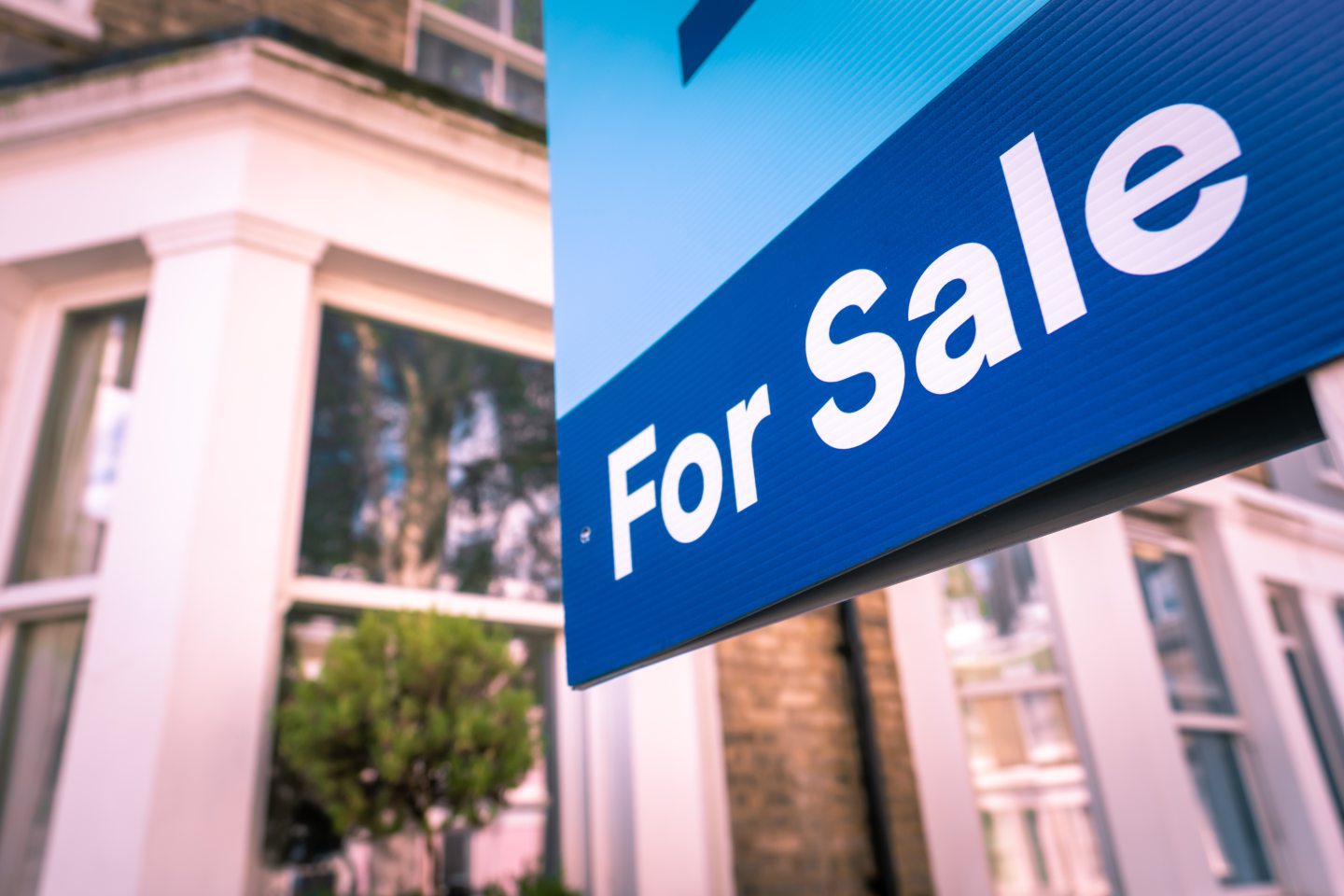Picture it. You need new shoes. There’s a pair you’ve spotted for sale – practical yet stylish, just the right size and within your budget (because you’ve been saving up for a long time).
The salesman is friendly; the shoes fit like a dream. You’re excited. “I’ll take them,” you decide.
At the till, there’s a problem. The salesman pulls a face. “Unfortunately another customer has said they’ll pay more than the RRP for this particular pair,” he says, “Would you like to make a higher offer?”
You panic, trying to do the sums in your head. You don’t want to miss out – they really are a great pair of shoes. “Well, I suppose if I could set up some kind of payment plan…” you think out loud. The salesman shakes his head. “You’ll have to pay the extra in cash today.” He shrugs with a consolatory smile: “Just the way it works, I’m afraid.”
What would you do?
I mean, obviously, you would walk out of the shop and go elsewhere. But replace the shoes with a house or flat in certain areas of Scotland – whether it’s Inverness or Edinburgh – and you’ve got a perfect example of the way our country’s frustratingly flawed “offers over” buying system works (or doesn’t). There’s no option to walk away.
Even if you do everything “right” (save up a big enough deposit, get a mortgage, find the perfect place for sale), in many cases it’s considered the done thing to make an offer above the home report valuation. Any amount offered over that home report figure, though, can’t be rolled into your mortgage and paid off in due time – it has to be produced upfront. If that sounds deeply unfair and exclusionary, it’s because it is.
“Offers over” means that cash-rich individuals will almost always be prioritised over someone who doesn’t have any financial help simply trying to get a foot on the property ladder.
In some parts of Scotland, like Inverness, people are now paying many tens of thousands of pounds over the amount their chosen home is actually worth, according to a chartered surveyor. Conversely, in others – such as Aberdeen, where the 2014 oil downturn is still having an effect – homeowners are finding themselves trapped, unable to sell or unwilling to do so for a low price.
These two cities are only 100 miles away from each other. We’re deep into a nonsensical property spiral now, with everybody playing along, and only something radical will stop it.
And, boy, do we need something radical to happen across the board. Because it’s not just buying – the entire housing game is rigged.
Renters often pay more than owners
If you’ve been burned by the offers-over system one too many times, or if you aren’t in a position to get a mortgage (since interest rates are now painfully high), you might hope to rent a flat or house instead.
Across Scotland, the average rent during the first quarter of 2023 was over £1,000 per month, following a 12.4% year-on-year rise. The maddening truth is that many renters now pay more monthly for accommodation than property owners. And diligently paying off somebody else’s mortgage for years does nothing to help you secure your own – only a fat deposit can help you there. But, wait, how do you save up a deposit if you’re paying overinflated rent every month…?
So far, Scottish Government attempts to regulate short-term lets and bring in licensing for owners have been fiercely argued against and massively delayed
That’s if you can find somewhere to rent, of course. Across the Highlands and islands, the lack of available property has become a full-blown crisis, largely as a result of second-homeownership and the rise of Airbnb. More short-term lets and holiday homes (often sitting empty for long stretches) mean local young people have few options but to move away from their hometowns and villages.
Though there’s no risk of depopulation in Edinburgh or Glasgow, Airbnbs cause issues in cities further south, too. So far, Scottish Government attempts to regulate short-term lets and bring in licensing for owners have been fiercely argued against and massively delayed.
15,000 families living in temporary accommodation amid Scotland housing crisis
So, what if you don’t have anywhere left to turn? It’s estimated that there are currently more than 2.55 million households in Scotland, but council and social housing provision is woefully inadequate. If 21% of all children in this country are living in absolute poverty, I’d suggest that a high number of families (more than 500,000 of them, by my guess) are in no position to pay the kind of exorbitant rents being charged by some private landlords.
More Scottish households and children than ever before are homeless and living in temporary accommodation at the moment – 15,000 families and counting. Moaning about the daft offers-over system feels a bit crass after learning that. But, from any perspective, it’s clear that we are neck-deep in a complicated housing crisis, and a great deal needs to change.
Buying and selling, renting (for years or for the weekend), applying for affordable housing – it could and should be easier and more transparent, economical and attainable for everyone. Ultimately, it should be fair.
We all need a place to live, just like we all need shoes. Why shouldn’t there be a practical yet stylish, perfectly-sized and reasonably-priced home for everybody?
Alex Watson is Head of Comment for The Press and Journal, and a fixer-upper with real potential


